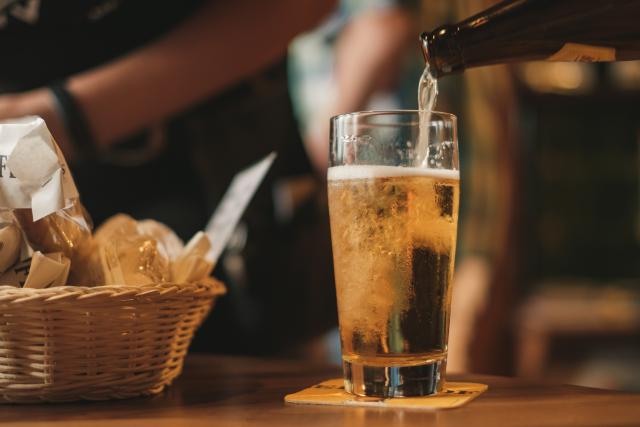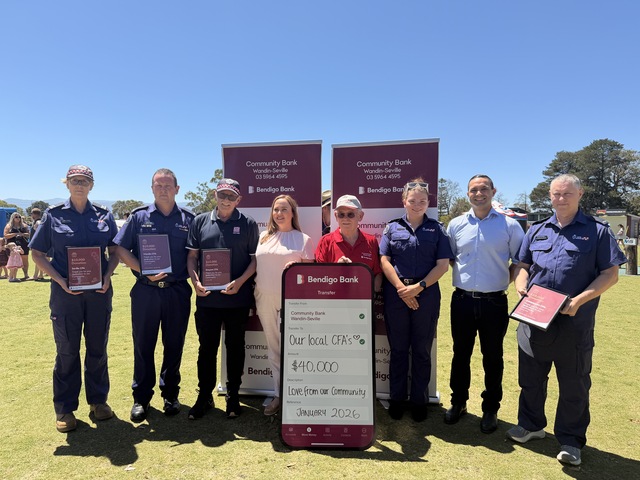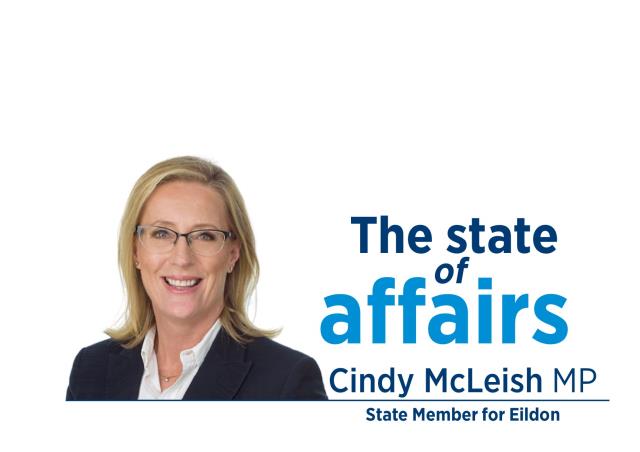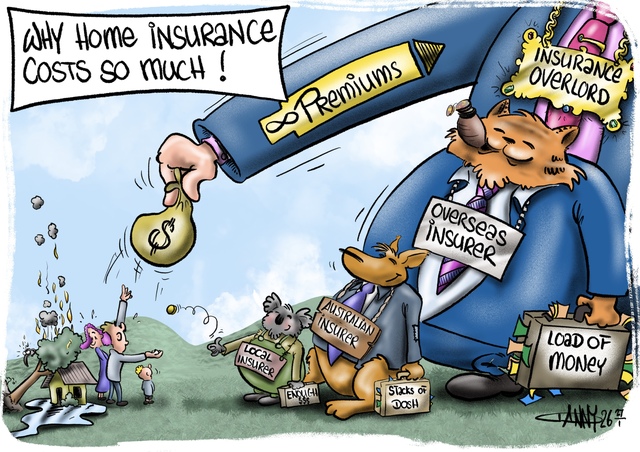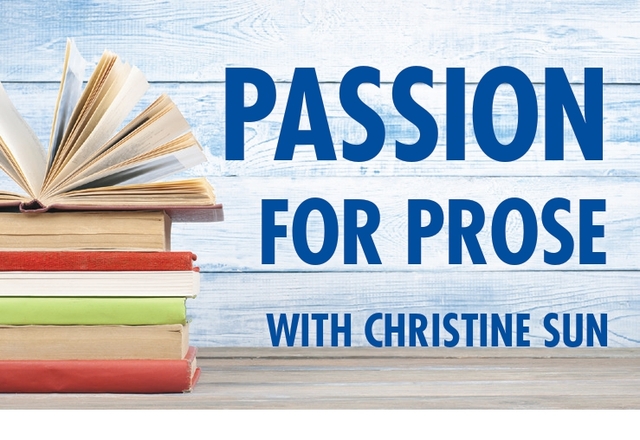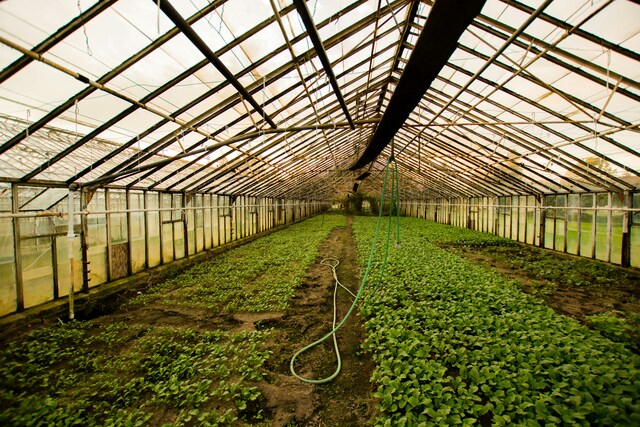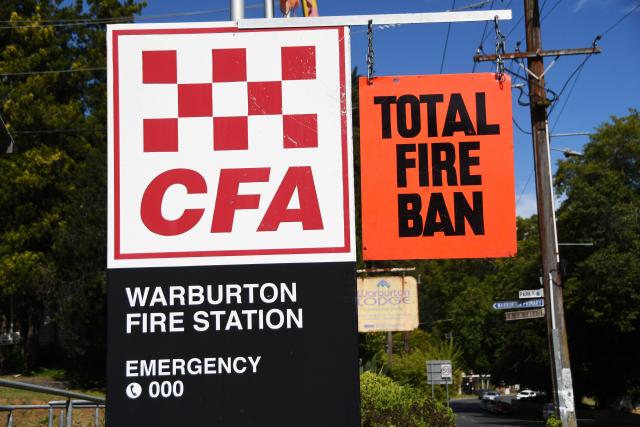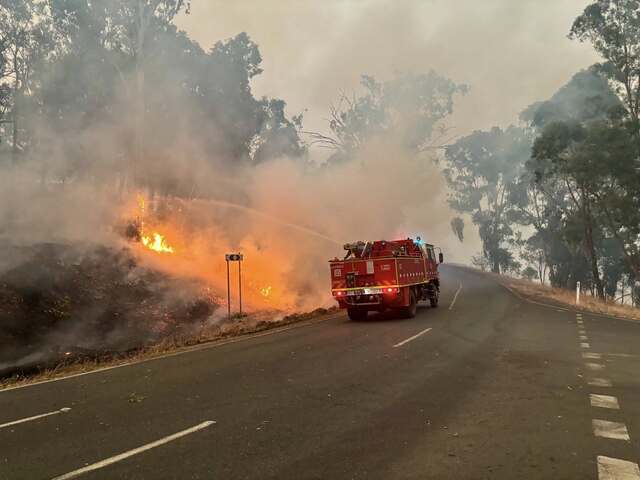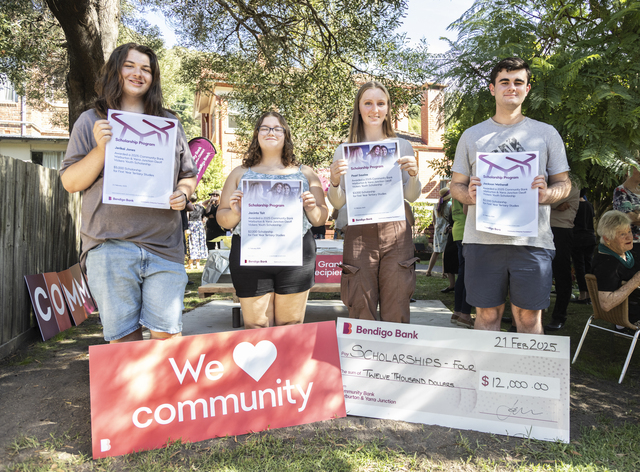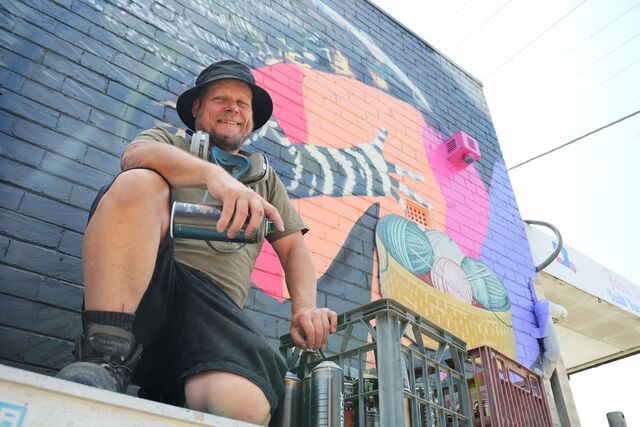A new report by the Australian Institute of Family Studies (AIFS), called ‘Ten to Men’ has found that almost half of young adult men (aged 18-29) are consistently drinking at risky levels.
The study, which surveyed over 16,000 boys and men aged between 10 and 57 four times over the last decade, found they were consuming more than four standard drinks on a typical drinking occasion – above the national alcohol guidelines – while 11 per cent were consuming around 9 standard drinks and maintaining that level consistently.
Lead of the Ten to Men program at AIFS Dr Sean Martin said the research highlights that for many men an unhealthy relationship with alcohol can start early and persist over years.
“What we can see through this longitudinal data is that drinking patterns are fairly well established by the time men reach the age of 30,” he said.
“Drinking at risky levels doesn’t only occur on the cusp of adulthood, and during a man’s early 20s – it can also carry on when adult responsibilities ramp up, including work and family commitments and into middle age,”
“For many men, unless they make a conscious decision to reduce their consumption, unhealthy drinking can affect work performance and relationships, as well as physical and mental health.”
National guidelines indicate that adults should drink no more than 10 standard drinks a week and no more than four standard drinks on any one day, while children and young people under the age of 18 should not drink any alcohol.
Dr Martin said surveying the same men over time helps pinpoint some of the predictors of high-risk drinking later in life.
“Boys living in rural and regional areas, boys or men who smoke or take illicit drugs, and older men with disability need to be a particular focus for policies and programs aimed at reducing alcohol harms,” he said.
Boys aged 10 to 17 living in regional or rural areas were almost twice as likely as city-based boys to drink at risky levels over the 10-year period.
Psychologist in private practice and Research Fellow at addiction research and education centre Turning Point Jodie Matar said it is so important that we, as a society, address risky drinking behaviours, as early as we can.
“This can start in our homes and at our schools, whether it’s family members, professionals, schools or communities, we all need to work together to support our teens and young men,” she said.
“We have an industry that presents its products as carefree and fun, many teen boys and young men look up to Australian sports players and these role models can be influential on how teens and young people may see drinking.”
A number of boys that were aged 10 to 17 under the legal drinking age had reported high-risk drinking, with 6 per cent having consumed around 9 standard drinks on a typical drinking occasion. Over the next decade, 13 per cent of that group were consistently drinking at risky levels.
Ms Matar said teens and young people aged 16 to 24 have the highest rates of substance use disorders compared with other age groups, with almost 1 in 10 struggling with one.
“Adolescence is a time when the brain is still developing, which means it’s more susceptible to damage from alcohol and introduction to alcohol at an earlier age is associated with a higher risk of alcohol-related harms, other substance use and mental health concerns,” she said.
“The research indicates that the younger people start drinking alcohol, the more likely they are to experience alcohol harms later in life, conversely, the later children start drinking, the less likely they are to experience alcohol-related harms later in life,”
“The evidence also shows the longer adolescents delay alcohol use, the less susceptible they are to a broad range of issues later in life. In the long-term, we know adolescents who drink are more likely to experience poor mental health and substance use problems.”
Ms Matar advised that for information and advice about treatment and programs specifically for young people, call the Youth Drug and Alcohol Advice (YoDAA) line at 1800 458 685 or contact the Youth Support and Advocacy Service, a statewide community service for young people aged 12-21 years who are experiencing problems related to alcohol or other drugs.
Those in need can also contact Directline, the Victorian alcohol and other drugs helpline on 1800 888 236 for counselling, information and referrals to other types of support.
Ms Matar said early intervention for adolescents is important as it can be easier to support individuals at the start of risky behaviours.
“The latest research shows there is no level of alcohol consumption that can be considered safe. Prevention through learning about the physical, emotional and social impacts of drinking alcohol, including risky drinking behaviours, can be key to helping individuals make informed choices that best support their daily lives,” she said.
“We need to have real and age-appropriate conversations with our teenagers and young people, particularly if there is any family history of addiction or issues with alcohol or other substances.”
Funded by the Department of Health and delivered through a partnership between EACH Social & Community Health, Anglicare Victoria and Youth Support & Advocacy Services (YSAS), the SURe (Substance Use Recovery) program serves the outer east, with the intake service able to be contacted at 1300 003 224.
Turning Point’s Eastern Treatment Services (TPETS) Intake Service is also located in Box Hill and be contacted at 1800 778 278
Ms Matar said as a mother of a 13-year-old boy, she is concerned about alcohol use, particularly because she has lived experience of three of four siblings having substance use issues growing up and into their adult years.
“We started having open conversations with our son around 11 to 12 years of age about intergenerational risks and the experiences of our family with addiction and the need to prevent or delay alcohol use,” she said.
“By having honest conversations from a place of concern rather than judgement, we can encourage our friends or loved ones to seek professional help,”
“Although these conversations can be hard, seeking help early can lead to much better outcomes.”

